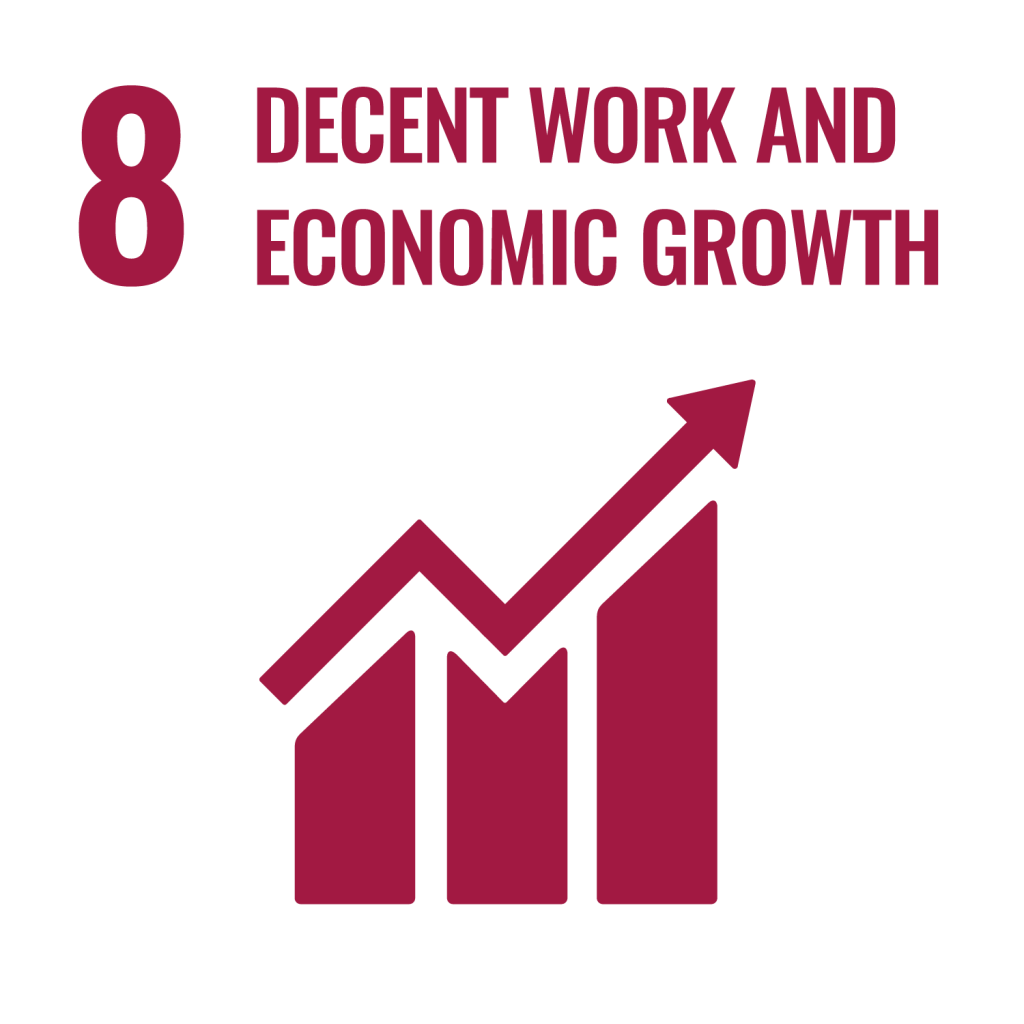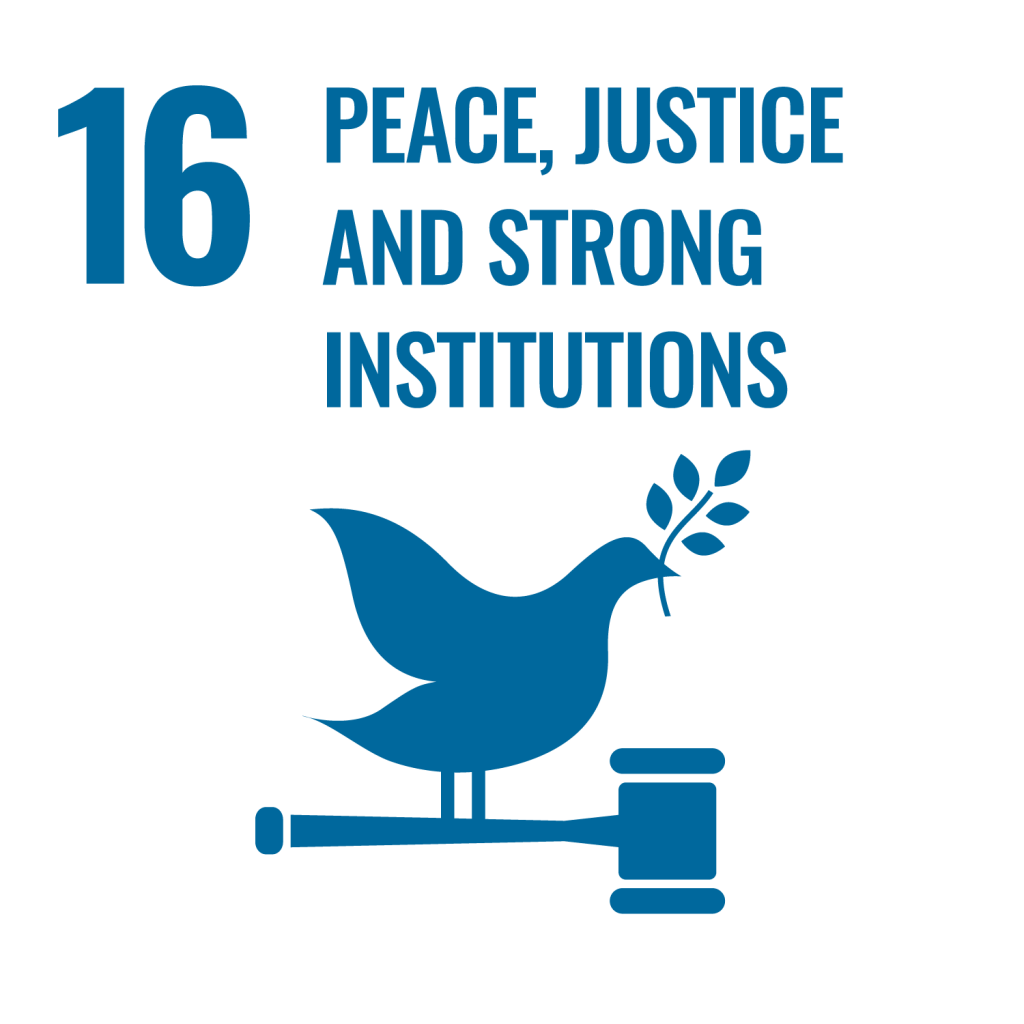In the groundbreaking judgement delivered by the Community Court of Justice of the Economic Community of West African States (ECOWAS) in AdvocAid Limited v. Republic of Sierra Leone on the 7th of November 2024, the Court ordered the government of Sierra Leone to reform or repeal its laws against loitering, stating that it was against States’ obligations under the African Charter on Human and Peoples’ Rights (African Charter). This judgement is consistent with the Advisory Opinion of the African Court on Human and Peoples’ Rights (African Court) delivered on the 4th of December 2020 which declared vagrancy laws like those against loitering, inconsistent with the principles of human rights and a violation of relevant African human rights treaties, including the African Charter.
Like Sierra Leone, Nigeria has laws criminalizing loitering and vagrancy. This article reviews the Nigerian legal landscape on loitering and calls for the amendment, reform or outright repeal of the relevant legal provisions.
What is Loitering?
Put simply, loitering is a prolonged stay at a particular location with no relevant purpose. Loitering is considered illegal in many countries and thus criminalized. Like Sierra Leone, many other nations have laws restricting loitering and prescribing various penalties for those caught loitering. Criminal laws against loitering are defended for allegedly preventing crimes of association. However, they promote discrimination against people experiencing poverty, homelessness and unemployment. The constitutionality of vagrancy laws is yet to be established as the human rights of the so-called loiters, wanderers, vagabonds, and idle people trump any argument for vagrancy laws.
What do Nigerian Vagrancy Laws Provide?
Is loitering illegal in Nigeria?
When can a person be convicted for wandering?
The Nigerian Criminal Code Act is an ancient law passed in 1916 penalizing idleness, loitering and wandering under certain circumstances including for prostitution, crime commission and alms begging – sections 173, 181, 249 and 250 respectively. Similar provisions are found in section 168 of the Lagos State Criminal Law and sections 306 and 405 of the Penal Code Act.
However, Babangida’s military government abolished loitering and wandering as criminal offences in 1989. By section 1 of the Minor Offences (Miscellaneous Provision) Act, no person shall be accused of or charged for wandering or any other name it is called. This provision is notwithstanding any contrary provision in the Criminal Code, Penal Code, Criminal Procedure Act and the Criminal Procedure Code.
Is the Law in Need of Reform?
Although vagrancy laws are formally abolished in Nigeria, the police continue to arrest and detain people for harmless idleness and loitering, contributing to the overcrowding of Nigerian correctional facilities. This could be from a lack of knowledge of human rights principles, the abolishing laws and general nonchalance to the plight of those affected.
The Criminal Code Act and its counterpart laws passed in the 1900s are gravely outdated and can no longer keep up with Nigeria’s current realities. These laws need to be holistically reformed to provide for standard criminal justice practices or outright repealed.
According to a 2024 report by the World Population Review, Nigeria accounts for the largest homeless population in Africa, with approximately 4.5 million people considered homeless on average. The solution to this problem is not the incarceration of people found wanting for vagrancy. Rather, it is a systemic issue with national implications which should be tackled systematically.
Many loiter because they are from low-income backgrounds, going through abject poverty with no housing support. With the hike in housing prices and rents in urban and rural Nigeria, it becomes difficult to access affordable accommodation that provides an adequate standard of living. This results in people turning to the streets and under bridges for shelter, exacerbating loitering. Similarly, the high rate of unemployment amongst Nigerian youths significantly contributes to the homeless population in Nigeria.
Policy Recommendations
Subsidized Housing:
To promote healthy societal relations and reduce the incidence of vagrancy in Nigeria, the government is advised to adopt laws and policies that provide subsidized housing for indigent Nigerians. With practical measures to ensure the rights to freedom of movement, adequate standard of living conditions and non-discrimination, the Nigerian Government can solve the issue of vagrancy without contributing to congesting Nigerian prisons by incarcerating and detaining people for wandering and loitering.
Promote Human-Rights Centered Policing:
Additionally, there should be adopted a formal policy that makes regular and transparent human rights education and training for the police force compulsory. While the Police Act provides human rights training, it is unlikely that the police – especially those in less-urbanized parts of Nigeria – undergo regular human rights sensitization. As the closest law enforcement agency to the average Nigerian, it is pertinent that the Nigerian Police Force undergoes the relevant training regularly to instill empathy in officers to the plights of Nigerians from low-income backgrounds, who are usually the victims of abuse, brutality, intimidation, and extortion.
Reduce Poverty:
According to the World Bank, 56% of Nigerians are living below the poverty line, accounting for an estimated 129 million Nigerians, many of whom are locked behind bars. While trend analysis shows reforms in Nigerian economic development, such reforms might not achieve measurable progress with menial efforts at promoting sustainable job creation, productive employment and reduction of abject poverty. The adoption and committed implementation of policies tailored to the highlighted needs will reduce sustained poverty in Nigeria.
Conclusion
A long-lasting solution to crime begins with knowing the root cause of crime. For loitering, this can be poverty, unemployment, reduced job creation and reduced arbitrary housing rents and prices. Where the root causes are identified, they can then be addressed. Rather than incarceration and detention, the problem can be tackled adopting structured policies, reforming existing but inadequate policies and ensuring committed implementation of policies.






